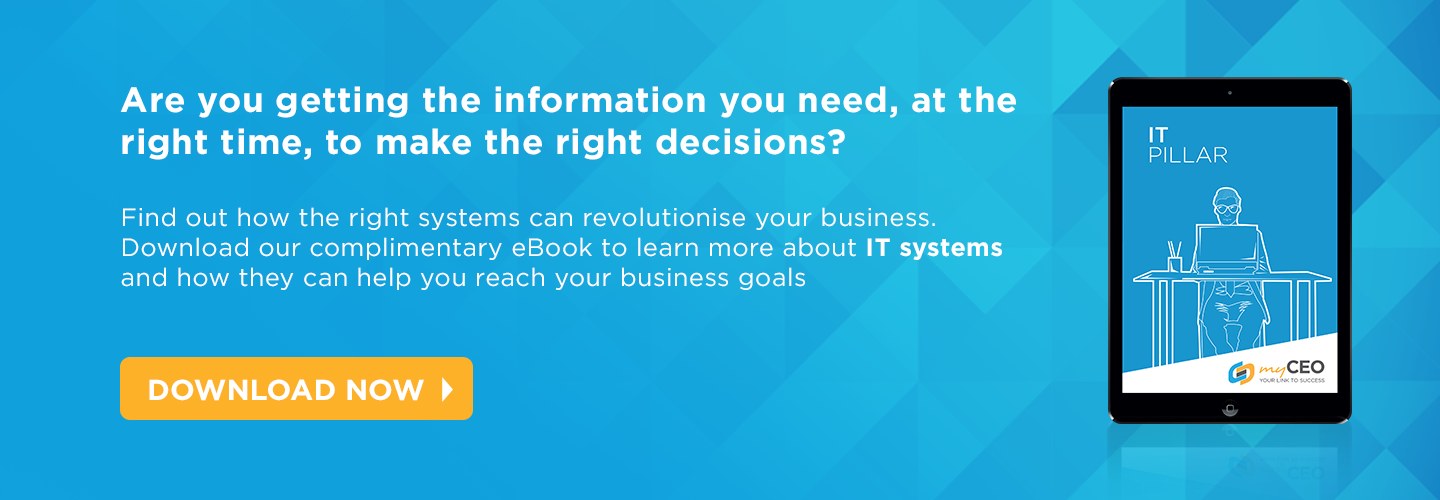
Cloud computing can be difficult to understand for entrepreneurs who have no background in IT systems and the latest tech. A revolutionary way that enables businesses and private users alike, cloud computing is a service provided by companies through the internet.
Cloud computing gives computers and devices access to additional software and hardware capabilities, often through a subscription-based agreement using the internet as the main channel. In contrast, companies looking to gain similar capabilities would need to invest a lot of money and resources on the acquisition and maintenance of hardware and development of software.
Before engaging in cloud computing for business process improvement and boosting your business’s capability, you need to understand what business models exist in the market and how they can benefit your business.
Infrastructure as a service model (IaaS)
Tired of constantly upgrading hardware for your business computers? Despite being the most basic model in the market, IaaS provides users enhanced computing capabilities. IaaS can give your business the virtual machines and networks it needs. Highly scalable to suit your needs, IaaS offers resources such as on-demand storage, data backup, virtual network, firewalls and security measures.
Platform as a service model (PaaS)
While PaaS is a service model that mostly benefits developers, business owners should know that virtual platforms and environments exists where software programs and applications could be developed. PaaS provides developers the platform (server, database, operating system and execution environment), as well as tools and resources they can use to design and create their software.
Software as a service model (SaaS)
Out of all the cloud models, the SaaS model is the one with direct and immediate applications for business process improvement. SaaS provides software applications and programs, as well as supporting databases to businesses in subscription-based, ‘freemium’ (those that are free but offer premium versions for a price), per-use and other convenient payment schemes. This business model gives businesses scalable and adjustable means to meet their goals. Here’s a few cloud-based apps and programs that can boost efficiency, jumpstart productivity and improve other aspects of your business:
- Customer Relationship Management software can help organise and automate sales and customer service functions.
- Business Intelligence tools can give businesses the competitive edge they need to know everything there is to know about their industry.
- Project Management systems can help maximise resources, tasks and schedules to ensure that every project is on track and done properly.
- Supply chain and inventory management systems using cloud computing can ensure that your business’s inventory and supply chain are optimised to reduce waste and inefficiency.
Like it or not, cloud computing is the future for businesses. Find out what cloud computing system can do to help enhance your business processes and get you one step ahead of your competition.
Get the most out of your IT department and harness your competitive advantage. Download our free eBook, The IT Pillar, and learn how to use IT in supporting other pillars of your business.

